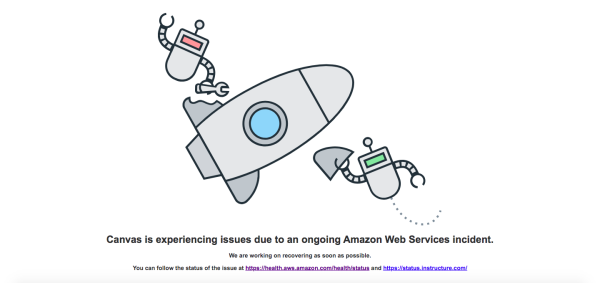Six tips to learn languages faster
There are so many different languages and cultures to embrace. Here are some tips to do so.
As a huge language enthusiast, I find myself frustrated with how most language classes/courses approach learning a language. If someone does not have the possibility to join a language course or despises the stagnation they might experience in the early phase of learning a foreign language, they still deserve to learn if they truly want to.
So, if you want to learn a new language with a better understanding, I suggest the following tips:
1) Immerse yourself from the beginning
It is really important so that you can get yourself familiar with the intonation and pronunciation of the language. If you start a language with a new alphabet, truly understanding the alphabet should always be your first step. Listen to the radio or tv and try to read whatever you can, even if it’s just ingredient lists from food packages or newspaper articles.
It doesn’t matter if you can’t understand much yet, it takes time. But it gets easier as you progress and eventually, you’ll be able to understand the language better.
2) Get an overview of the grammatical structure of the language
Actually, this is often done improperly in language courses where you learn some vocabulary and greetings but after 60 pages of the textbook, you still have no idea how many verb tenses or noun cases the language has. You should even take a look at the “hardest” topics because they might not be that hard for you to understand after all. For example, the Spanish equivalent of the past-perfect tense is actually much easier than the present tense.
3) Learn to recognize past tense even when you are still learning present tense
I find it absurd that most courses expect you to master the present tense perfectly before even taking a look at other tenses. Most of the time, in everyday communication, past tenses are used more frequently than the present tense plus in some languages mastering the past tense can also help you to form the conditional. So, learn the past tense earlier than most ppl would recommend!
4) Study the easiest things first
If something is particularly difficult, it can be beneficial to focus on what you find more interesting first. However, you can’t postpone studying boring topics eternally, especially if you are preparing for an exam.
5) Don’t get stuck on vocabulary
Remember that grammar is the skeleton of the language and that vocabulary is the muscle’s hair and eventually the clothes you use to dress up and embellish your appearance. Vocabulary is useful once you know how to use it. My suggestion is to read a lot: start with children’s books and comics and gradually get more advanced material. And don’t stay strictly serious with it; make learning vocabulary more interesting by studying the etymology of the words.
It can be fascinating and help to better remember the words. A really important thing about vocabulary is to learn all the abstract words, such as conjunctions. For example, if you find yourself in a situation where you have to use the words therefore and otherwise, it is almost impossible to try to explain those words without first translating them to another language.
6) Take notes
Look up the words you don’t know and don’t be afraid of using unconventional, seemingly challenging ways to learn, such as buying a bilingual poetry collection and trying to decipher what the original poem says and compare it to the translation. Even for the beginner level, this is a nice way to connect to the culture while still focusing on the language itself.
There are so many languages and cultures in our world that can be fun to learn about, so don’t be scared to try new things. Whether you’re simply trying a cultural food, watching a show or movie in another language, or learning basic words, embracing different cultures and languages can be exhilarating.
Your donation will support the student journalists of Watkins Mill High School. Your contribution will allow us to purchase equipment and cover our annual website hosting costs.

Azi Parker is a junior at Watkins Mill High School and a Features Editor for The Current.

Amelia is a senior at Watkins Mill High School and an Associate Editor for The Current. She’s on Watkins Mill's varsity track and field team and has...









